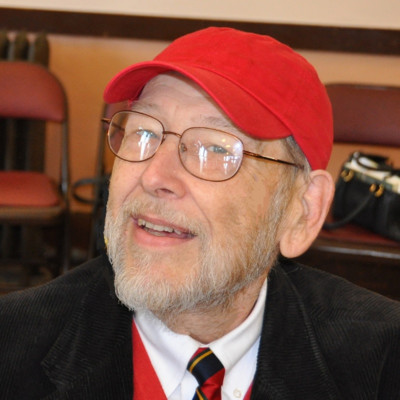When I was a child, growing up in a fairly strict home that centered around Lutheran fundamentalism, one of the most punishing things that I remember hearing from either Mom or Dad, in terms of correction, was the phrase, “Shame on you.” In my memory, it seems to have echoed fairly frequently, though I suspect that it wouldn’t take very many repetitions to be burned into my consciousness, as well as my conscience.
“SHAME ON YOU.” It had less to do with sinful or evil behavior than with what was considered (by those in authority)appropriate and correct behavior for a “good person,” a child of God. It wasn’t so much an accusation that I had violated the rules, as it was a pronouncement that I had disappointed, that I had not measured up.
“SHAME ON YOU.” It wasn’t so much a judgment that I was “bad” as it was a dismissal, a rejection because I had proven myself unworthy. Unworthy of the people who were supposed to love me best. Father, mother, family, pastor, teachers — God. Unworthy of their love.
“SHAME ON YOU.” To this day I hear it whispering from deep in my superego, telling me that, hard as I have tried, I am NOT the “best little boy in the world.” Echoing in my consciousness is the incorporated suggestion that I am unworthy, disappointing, unlovable – a reject.
“SHAME ON YOU.” Very early in adolescence, I became aware of hearing it not just at home, where my parents were the ultimate arbiters of wrong and right, punishment and praise, loving affirmation or shameful distancing (“Go to your room and stay there”), but also at church, where my childlike understanding and appreciation of grace was quickly overwhelmed by the idea that the person whom I was beginning to understand as “me” – essentially, unalterably ME – was an abomination, to the church and to God, a state of shamefulness for which there was no grace.
“SHAME ON YOU.” To this day I hear it in the confessions of women and men who come to me for counseling, for healing of their spiritual exile, for reconnection with the God they were once taught loved them unconditionally – unless it happened that they grew up to be lesbian, gay, bisexual or transgender.
“SHAME ON YOU” is what the church tells us today. It is blatant in the hate-mongering and huckstering of million-dollar media ministries which build their earthly empires out of the beaten, bloodied souls of other believers, who would scarcely have made an informed choice to be created lesbian and gay, bisexual or transgender, but who now would not second-guess God’s wisdom, judgment, plan for them.
“SHAME ON YOU.” It is inherent, too, in the words of stiffening denominational policies of correctness and exclusion, in the fear and refusal of local congregations to speak openly about the rightful place of LGBT people as full sisters and brothers in Christ, in the stern disapproval and “shunning” we face when we are called by God to witness openly about our own integration of spirituality and sexuality.
“SHAME ON YOU.” It is what the church tells me when it affirms my call to serve God in ministry, acknowledges and blesses my gifts, and sharpens my skills to optimize the effectiveness of my service, and then says, “But we don’t believe you should be ordained.” Inappropriate, unseemly, disappointing, unworthy, rejected, shameful.
“SHAME ON YOU.” To me and to thousands of others, many of them still sitting undeclared in the pews of virtually every congregation, and more looking in from exile outside the stained glass sanctuary, the church has declared itself not a bearer of good news, but an enunciator of doom. Not a blessing, but a burden. Not a resurrection to life in Christ, but unending punishment on a cross of sexual integrity.
“SHAME ON WHO?” I remain in the church today, wearing my membership in the PCUSA like the fabled albatross about my neck, because I believe in the essence of goodness in God’s creation, the women and men I am called to embrace as my family of faith, my sisters and brothers in Christ. Because I believe in the ultimate victory of God’s will over human weakness.
Because – sometimes against all visible evidence – I believe and trust in humanity to be God’s evangels in this world, since Jesus himself placed that mantle on our shoulders. “Go, teach, preach, serve … be,” as he was.

Illinois native Lawrence A. Reh started his career as a journalist, serving for two years as news editor of The Advocate in Los Angeles before going into community service and activism and eventually into ministry. He earned a bachelors in psychology and political science from Bradley University and an M.Div. from San Francisco Theological Seminary, where he organized a cross-denominational full-semester class for credit through the Berkeley-centered Graduate Theological Union titled “Lesbian and Gay in Church and Society.” Active in Presbyterians for Lesbian and Gay Concerns, That All May Freely Serve, and More Light Presbyterians, in 1999 he founded First Light Ministries, an online outreach to excluded and disaffected LGBT spiritual seekers. He has also published a volume of his poetry, If I Could Crown Your Hills with Gold.
